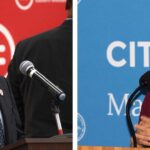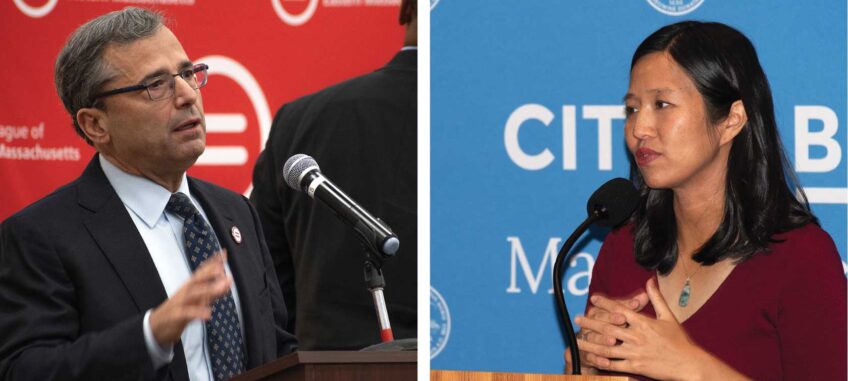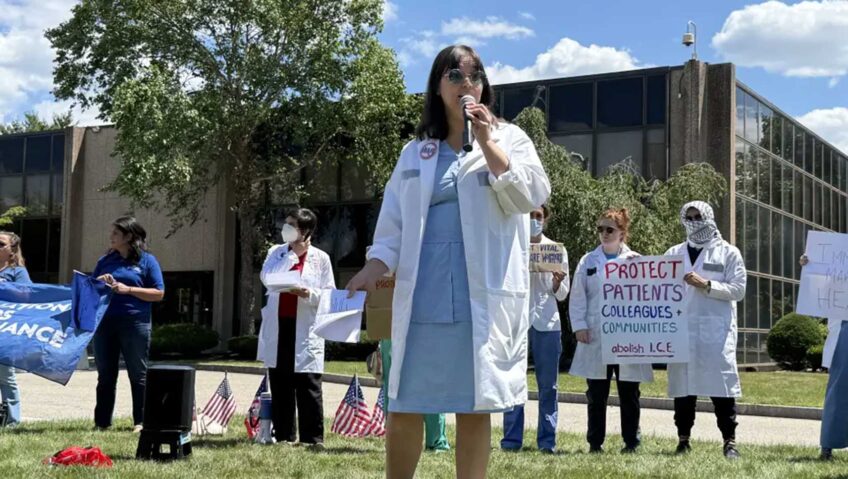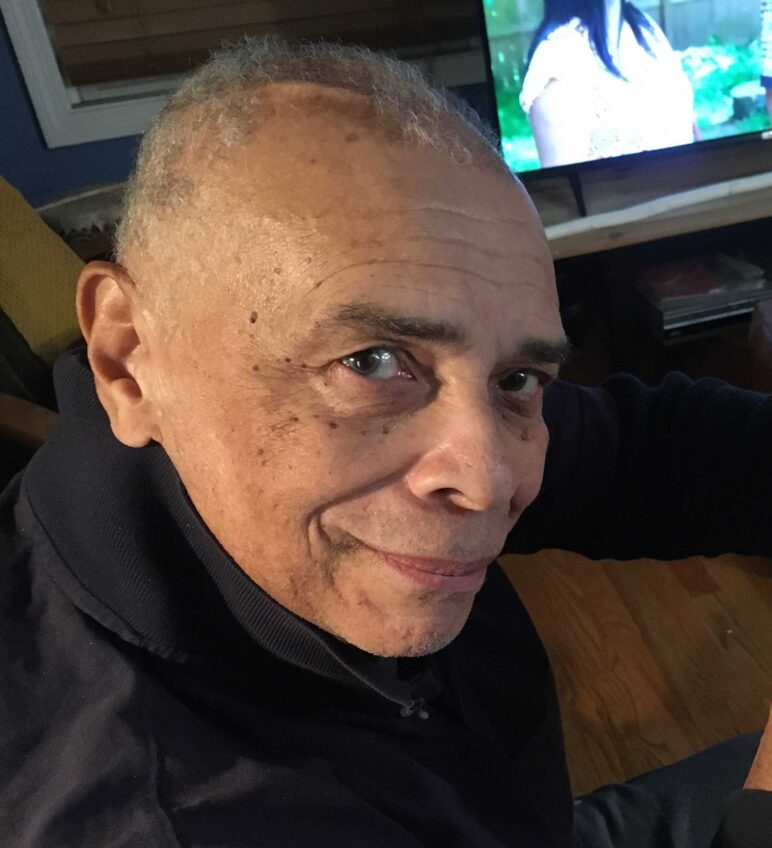Chamber of Commerce tackles wealth gap
Panelists share insights on how communities can build wealth
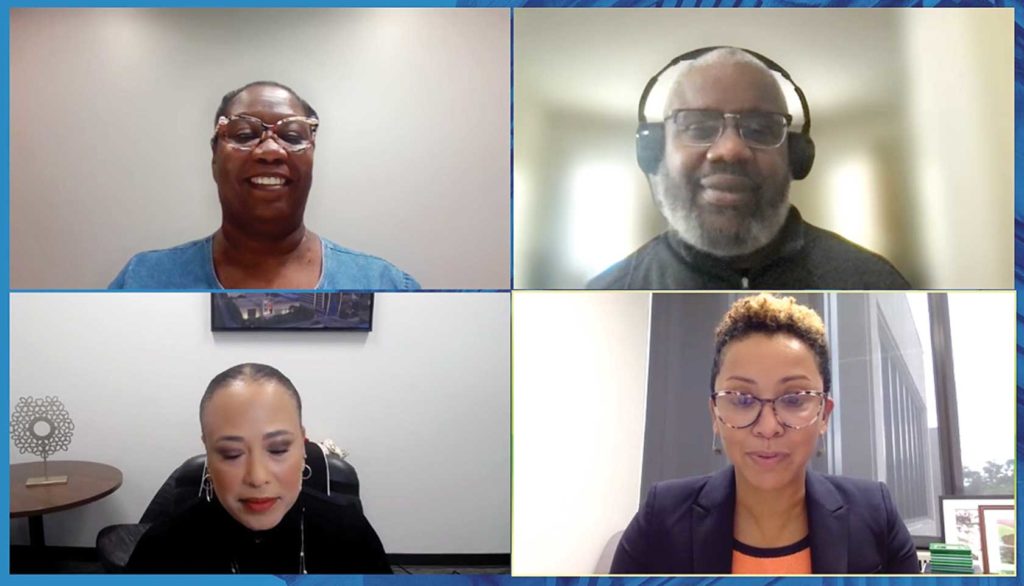
In 2015, the Federal Reserve released a study with a jaw-dropping statistic showing that the median net worth for Black families in Boston was just $8, compared to $247,000 for white families. Called “The Color of Wealth,” the study outlined the extent of the racial wealth gap that impacts local communities.
On Friday, as part of a campaign to revisit the research, the Greater Boston Chamber of Commerce brought together a group of panelists, including AJ Barkley, head of neighborhood and community lending for Bank of America; Chrystal Kornegay, executive director of MassHousing; and John Smith, executive director of the Dudley Street Neighborhood Initiative. During the hour-long panel, the group discussed how to bridge the racial wealth gap and advised residents of color how to take advantage of available resources.
Dr. Karilyn Crockett, professor of urban history, public policy and planning at MIT, moderated the discussion.
“Owning a home remains the principal source of wealth for most Americans,” Crockett said. “Yet we know that our nation’s often troubled history and discriminatory lending practices, including redlining, exclusionary zoning and community clearance … [and] interstate highway expansions have together created an uneven playing field for many BIPOC and wealth-extracted families from coast to coast.”
Barkley, speaking from the perspective of the private sector, said she believes one of the biggest barriers to homeownership and wealth building is banks not having ample reserves to serve their communities.
“It’s really having cash reserves for first time homebuyers for closing costs, assistance and down payment,” she said.
Barkley spoke about Bank of America offering up to $7,500 in closing costs assistance and 3% down payment requirements.
Kornegay, speaking more from the community advocacy sector, spoke to the need for those seeking wealth-building through homeownership to take advantage of assistance programs and other tools available to them through their banks, but also through the government and organizations like hers. MassHousing, a quasi-public institution, raises capital by selling bonds and lends the proceeds to low- and moderate-income homebuyers and homeowners and to developers who build or preserve affordable and/or mixed-income rental housing.
They also help administer some public funds from state programs.
“There are a lot of state programs — MassHousing goes up to 135% of the area median income, and so it’s not just for low-income people. You should really look into what might be available to you, across the spectrum,” she said.
Kornegay also stressed that first-time homebuyers shouldn’t put too much emphasis on waiting for the perfect market or waiting for the perfect home.
“The right time is when you can afford it, and it’s now,” she said. “I’m not saying to just buy anything, but also don’t let the perfect be the enemy of the good to get into the marketplace.
Smith, whose organization uses its land trust to have a direct hand in ensuring community-driven development, emphasized the need for organizations like his to take properties off the speculative market in order to drive down housing costs.
“Fully investing and taking properties off that speculative market and keeping that long term affordability is one of the things that keeps me up at night,” he said.
Panelists agreed on the need for increased economic education for communities of color and immigrants across the city who are hoping to build wealth.
Using Friday’s panel, the Chamber said it is working in partnership with The Boston Foundation, the Federal Reserve Bank of Boston, The Barr Foundation and the Eastern Bank Foundation to relaunch research on economic, policy and community solutions to address the barriers that hinder the creation of generational wealth for communities of color.

